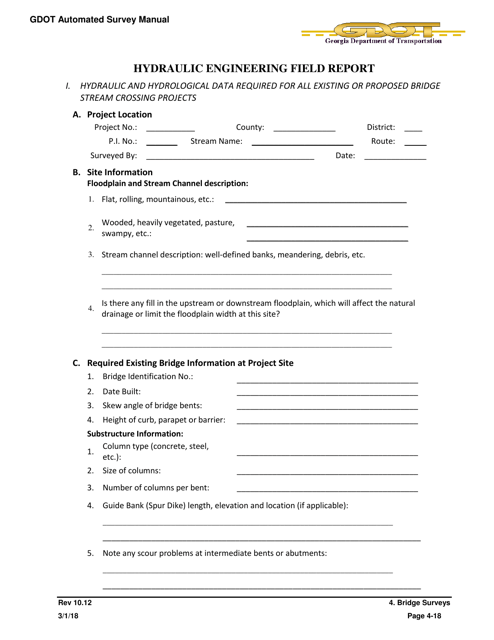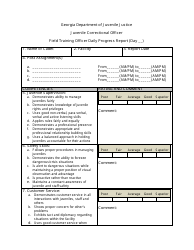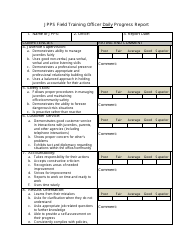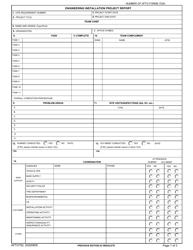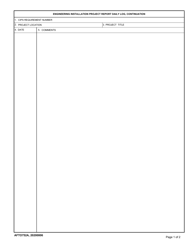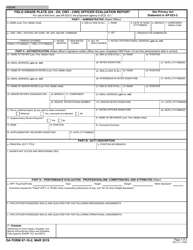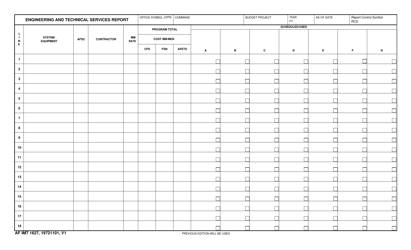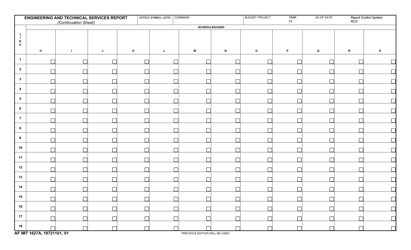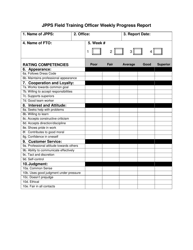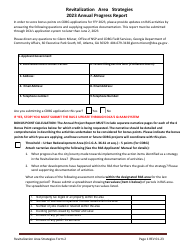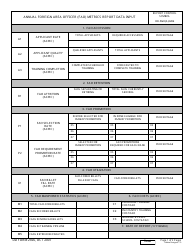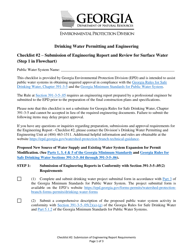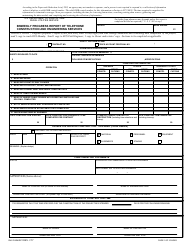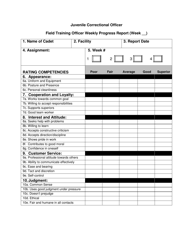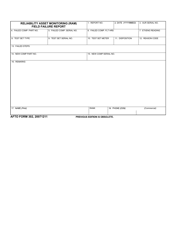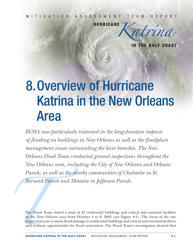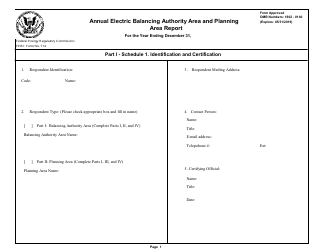Hydraulic Engineering Field Report - Georgia (United States)
Hydraulic Engineering Field Report is a legal document that was released by the Georgia Department of Transportation - a government authority operating within Georgia (United States).
FAQ
Q: What is hydraulic engineering?
A: Hydraulic engineering involves the study and design of water management systems.
Q: What is the purpose of a field report?
A: A field report is used to document observations and findings from a specific location.
Q: What topics are covered in this field report?
A: The field report covers various topics related to hydraulic engineering in Georgia.
Q: What are some common applications of hydraulic engineering?
A: Common applications include designing and managing water supply systems, flood control, and irrigation systems.
Q: What are some challenges faced in hydraulic engineering?
A: Challenges include managing water resources sustainably, preventing flooding, and protecting ecosystems.
Q: What are the potential benefits of hydraulic engineering?
A: Benefits can include improved water resource management, increased agricultural productivity, and enhanced protection against natural disasters.
Q: Are there any specific projects mentioned in this field report?
A: Specific projects are not mentioned in the document.
Q: What is the importance of hydraulic engineering in Georgia?
A: Hydraulic engineering is important in Georgia for managing water resources, supporting agriculture, and mitigating flood risks.
Q: Are there any recommendations provided in this field report?
A: Recommendations are not provided in the document.
Form Details:
- Released on March 1, 2018;
- The latest edition currently provided by the Georgia Department of Transportation;
- Ready to use and print;
- Easy to customize;
- Compatible with most PDF-viewing applications;
- Fill out the form in our online filing application.
Download a printable version of the form by clicking the link below or browse more documents and templates provided by the Georgia Department of Transportation.
